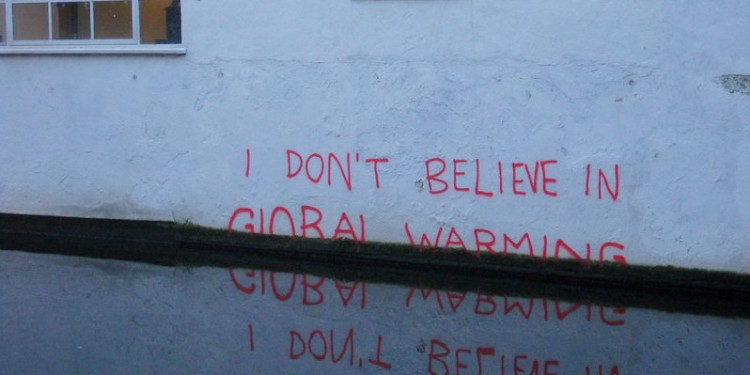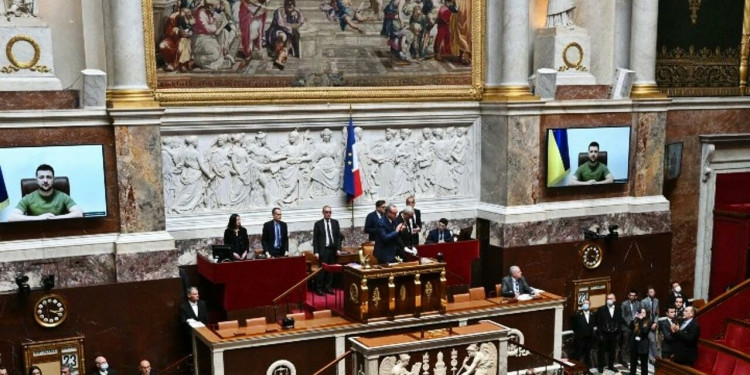This year, the Bologna Children’s Book Fair (BCBF), the biggest fair in the world for children’s literature since it was launched 61 years ago, opened in Bologna, Italy, on Monday, April 8. Lasting for four days, it was a big success, drawing 1,523 exhibitors from 100 countries, with Slovenia as the guest of honor and China back in full force. I was among the many who attended, with over 31735 visitors according to the BolognaFiere Group, an increase of 10 percent over 2023.
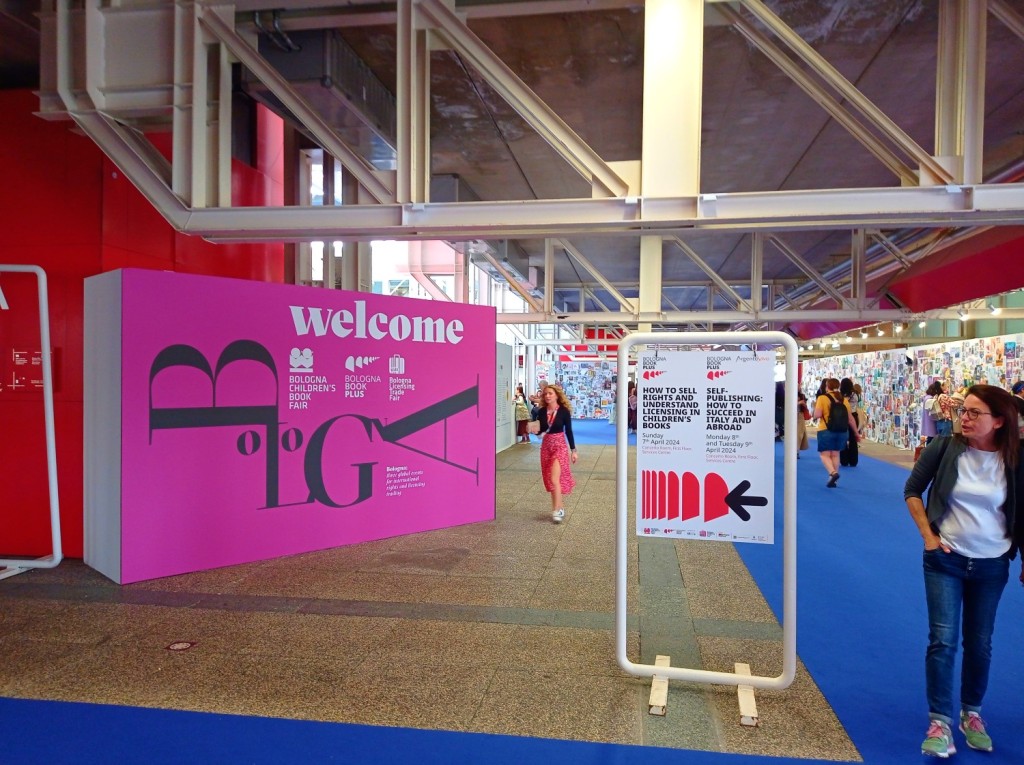
Yet, as I will discuss below, the Fair felt different from last year, more like a turning point, as if we were on the verge of a new era. And it wasn’t just due to the rise of AI, which, after all, is just a new technology, nor was it a new trend in the world of ideas or a new category of books, like, say, romantasy.
Although to be sure, it was that too. But with books being banned in the United States (of all places, a country that was once upon a time a leading democracy, a paragon of virtue and freedom) and the rising challenge posed by social media and films to the publishing industry, siphoning away readers, especially among a key group, Middle Grade readers (age 8-12), the industry may well have to brace itself for some groundbreaking shift in the reading public’s interests and tastes.
Alas, the high level of sales achieved during the pandemic is now a thing of the past. And AI, seen by many as a threat, could also be an opportunity for publishers to try and cut costs – but at whose expense? How AI will impact the industry remains to be seen but one thing is certain, it will impact it in a big way.
And yet…Human creativity has never been so high, as the Fair amply demonstrated.

No doubt, fresh ideas and approaches to publishing were in full display. Boosted, inter alia, by the many new countries that joined the Fair this year for the first time: Angola, Belarus, Benin, Bolivia, Cameroon, Colombia, Luxembourg, Mauritius, Monaco, Moldova, Paraguay, the Philippines, Togo, and Uganda.
Attendance was also boosted by the Fair’s unique “brand extension” feature in the form of parallel presentations at Bologna Book Plus and the Bologna Licensing Trade Fair/Kids—bringing together promoters and showcasing content across the book publishing supply chain. And the Fair was amply covered by the international press with more than 40 journalists attending, including extensive reporting of all trade aspects by Publishing Perspectives.

Event at the Illustrators’ Café, April 8, 2024 Source: Author
There were 386 events at the Fair itself, and more than 220 additional events on and off-site, in other parts of the city which has a long tradition of welcoming artists and illustrators and numerous libraries featuring children’s books – not to mention the magnificent public library, the Sala Borsa.

And China was back in full force, with over 100 Chinese exhibitors and events like “Data Release and Case Analysis of the Chinese Children’s Book Market” provided insights into the booming Chinese market that services over 360 million children and young people with over 40,000 titles published each year. China also has its own major children’s book fair, the China Shanghai International Children’s Book Fair (CCBF), which takes place in November.
The Bologna Children’s Book Fair: Looking for new ideas, from romantasy to graphic novels
As mentioned above, the pandemic that had caused a sudden boost in children’s book sales and a concerning drop in attendance at public events is now definitively behind us.
Pandemic peak sales are a distant memory; the world of children’s book publishing is back to normal, with book fairs around the world – notably the London Book Fair just over and the Frankfurt Book Fair coming up in October – acting as thermometers to figure out what’s hot. Publishers, editors, and agents are now realizing they may have gaps in their lists, and the middle-grade category (books for ages 8-12) is the most affected – although even YA (age 14-18), once the high-flyer among categories, is no longer the undisputed star.
As reported by Publishers’ Weekly, the current craze is for a new crossover genre termed “romantasy”, combining fantasy with romance.
And the other large emerging trend that has – depending on the viewpoint – “taken over” the middle grade category (books for ages 8 to 12) or “saved” it from collapse is graphic novels. And the Bologna Book Fair could not fail to have a large section dedicated to comics with publishers coming from every corner of the world:

This said the focus at the Fair remained firmly on illustrations and the world of author-illustrators, from picture books ranging for early readers to graphic novels for YA (young adults, ages from 14 to 18). At the core Illustrators Exhibition with its 58th competition, over 3,500 artists from 81 countries made 17,600 submissions. In the end, there were 344 finalists and 79 artists 78 sets from 31 countries made the most coveted list.
The winners of the 2024 Hans Christian Andersen Award given for recognition for lifelong contributions were announced on the first day at the Fair and drew a large gathering:
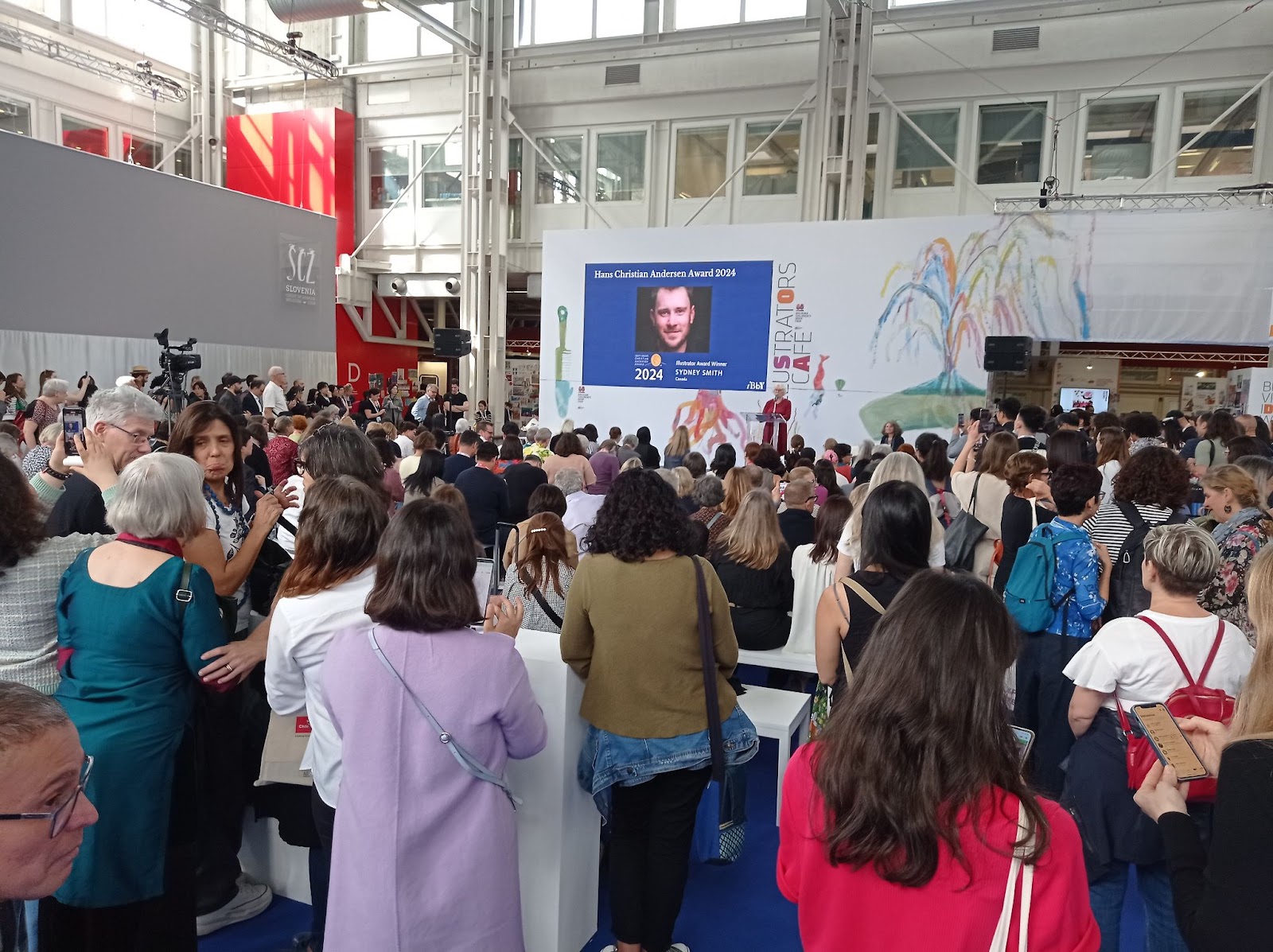
The winners were Heinz Janisch from Austria, a master of short-form stories that leave room for readers’ imagination; and Sydney Smith from Canada, recognized for his illustrations characterized by authentic characters and a focus on emotions.
The Fair featured a new theme for children: Sustainability
Through both an exhibition of some 70 titles focused on sustainability as well as a debate aptly titled “Reading For A Healthy Planet”, the objective was to interest trade visitors, publishers, editors and literary agents in “children’s books to help achieve a sustainable future”.
The book exhibition ranged across all ages and genres, from fiction to non-fiction:

The debate, held in the Authors’ Café on April 8, was organized by both the BCBF and the United Nations with Irina Lumelsky, acting Head of UN Publications, and in cooperation with the International Publishers Association (IPA) President Karine Pansa.
The debate, ably moderated by Ed Nawotka, Senior Editor at Publishers Weekly, included Ferdinando Boero, President of the Dohrn Foundation, Inès Castel-Branco, Publisher of Akiara Books, and Elisa Palazzi, children’s books author and Professor of Climate Physics at the University of Torino.

Source: UN Publications X feed
All this was set in the framework of the Sustainable Development Goals Book Club which, as its website indicates:
“aims to use books as a tool to encourage children ages 6-12 to interact with the principles of the Sustainable Development Goals (SDGs) through a curated reading list of books from around the world related to each of the 17 SDGs in all six official UN languages—Arabic, Chinese, English, French, Russian, and Spanish.”
The Club brings together all the publishers who are signatories of the SDG publishers compact. According to Ms. Lumelsky, some 300 publishers have signed the compact so far. They come from across the world and as a quick perusal of the list of signatories shows, many major publishers have joined.
The debate, however, unlike the SDG Club, which covers all 17 SDGs – including the social goals, human rights, fighting poverty and hunger – was largely focused on climate change and how to sensitize a young public to the issue.
Undoubtedly, this is a major issue and perhaps the one that speaks most strongly to children as it directly affects their future. Something a slightly older youth, Greta Thunberg, never tires of repeating.
The panel, composed of at least two very active environmentalists (President Boero and Professor Palazzi) was enthusiastic and, guided by Nawotka’s pointed questions, successfully conveyed its high level of passion and dedication. At one point, publisher Castel-Branco unfolded one of its lovely Akaria picture books gaining applause from the audience:

From left to right: IPA President Karine Pansa, Irina Lumelsky, UN Publications, Inès Casteò-Branco (with microphone), Publisher Akiara Books, Elisa Palazzi, author and Professor of Climate Physics, University of Torino, and Ferdinando Boero, President Dohrn Foundation Source: Author photo
About next year’s Children’s Book Fair
The 62nd edition of the Bologna Children’s Book Fair is scheduled from March 31 to April 3 next year, with Estonia as the guest of honor.
It will be interesting to see if the emerging trends at this book fair – a focus on more and better illustrations and graphic novels – will be confirmed next year. And whether some new ideas beyond romantasy will emerge.
Most importantly, it would be comforting to see publishers enlarging the concept of sustainability beyond environmental concerns and the fight against climate change to embrace social justice, equity, and more and better democracy.
Too many of the children’s books coming out these days are exclusively focused on climate change: on the E element (i.e. environment) of ESG, and not enough on S (social) and G (governance).
………………………………………………………………………………………………….
A shorter version of this article was first published on Impakter; click here to read it.
To read more of my articles published on Impakter, click this link:

.jpg)


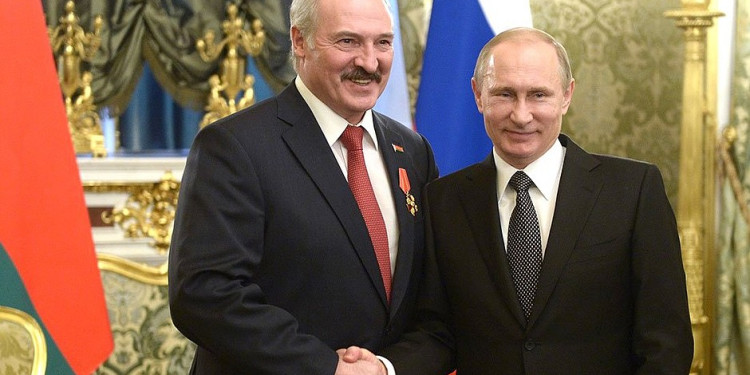
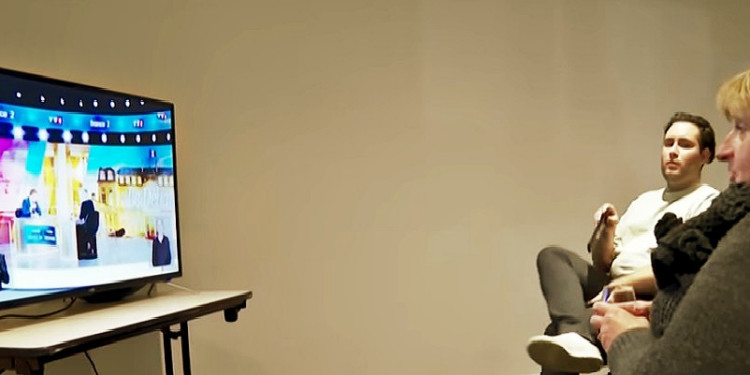
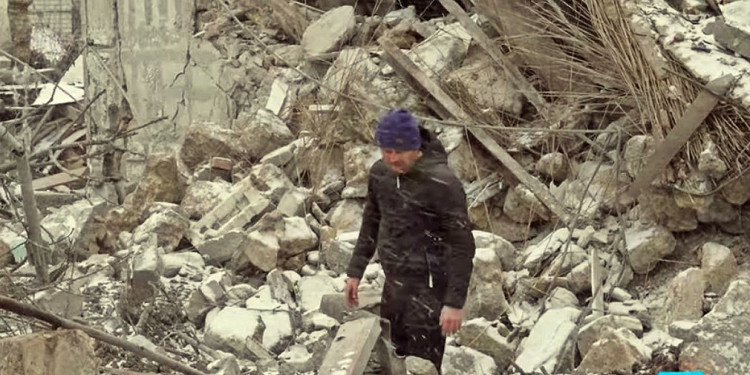
.jpg)
